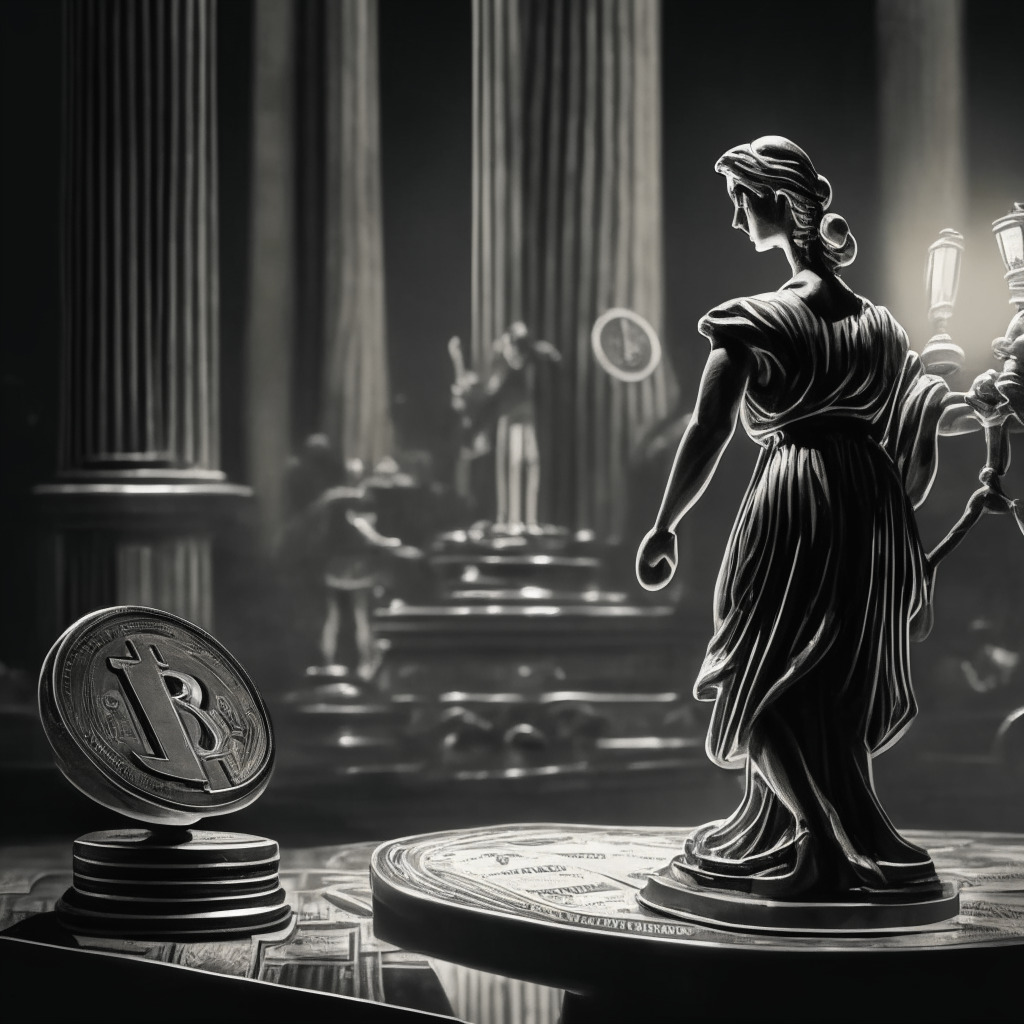Democratic Sen. Elizabeth Warren has recently stated her intentions to reintroduce the Digital Asset Anti-Money Laundering Act, a cryptocurrency bill aimed at curbing money laundering and terrorist financing. Warren emphasized during a Senate Armed Services Committee hearing that the primary focus of the bill is on law enforcement and national security, rather than the regulation of the cryptocurrency investment market.
The proposed legislation, first introduced in late 2021, intends to align the cryptocurrency industry with existing anti-money laundering measures and contribute to efforts countering terrorism financing. One of the notable provisions in the bill would prohibit financial institutions from transacting with digital asset mixers. These tools, which combine cryptocurrencies from multiple users, serve to obscure the origins of funds.
Additionally, the bill seeks to expand know-your-customer (KYC) requirements to certain sectors within the cryptocurrency industry, such as miners. This extension of KYC regulations would no doubt be controversial for some proponents of digital currencies, who see the anonymity provided by cryptocurrencies as a key advantage.
Addressing cryptocurrency’s potential threat to national security, Sen. Warren elaborated on her concern about malevolent actors, particularly in North Korea, exploiting the virtual asset market to avoid sanctions. She questioned Defence Intelligence Agency Director Scott Berrier during the hearing about the implications of North Korea and other nations engaging in cryptocurrency money laundering.
When asked whether cryptocurrency laundering funneling into North Korea’s nuclear program poses a national security threat, Berrier confirmed the danger, acknowledging that stolen funds converted into legal tender help build North Korea’s nuclear capacity, which represents a recognized threat.
Sen. Warren has previously criticized the cryptocurrency industry, calling it a haven designed to favor scammers. Last summer, she highlighted the role of influential investors in sponsoring, promoting, and profiting from cryptocurrency projects that exploit small-scale investors.
While the reintroduction of the Digital Asset Anti-Money Laundering Act might address some concerns related to national security and illicit financial activities, it inevitably raises questions about the delicate balance between protecting public interests and preserving the core principles of decentralization and privacy characteristic of cryptocurrencies. This ongoing challenge in regulating the industry may fuel more skepticism and debates, as stakeholders from various sectors attempt to find common ground in the evolving world of digital assets.
Source: Cryptonews




